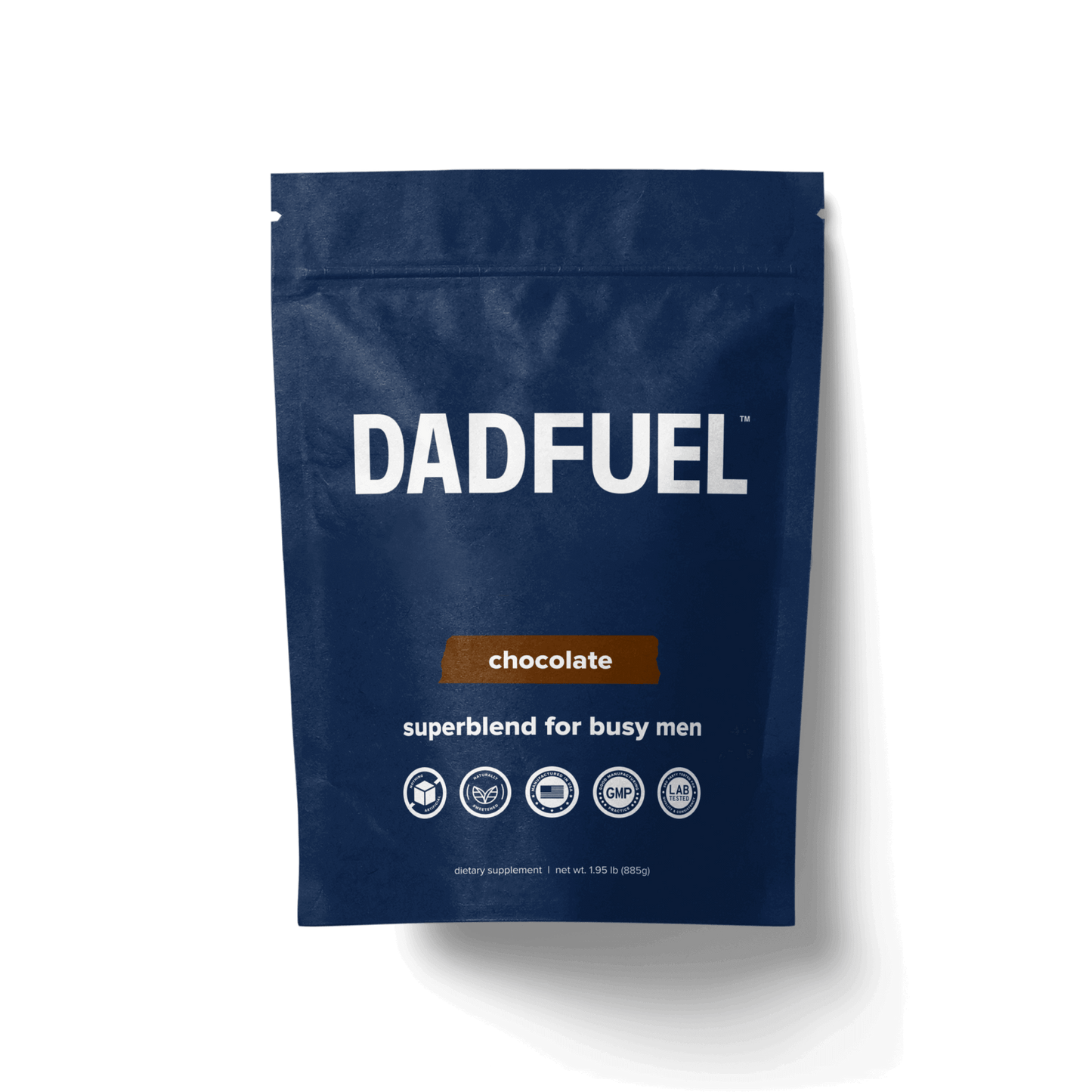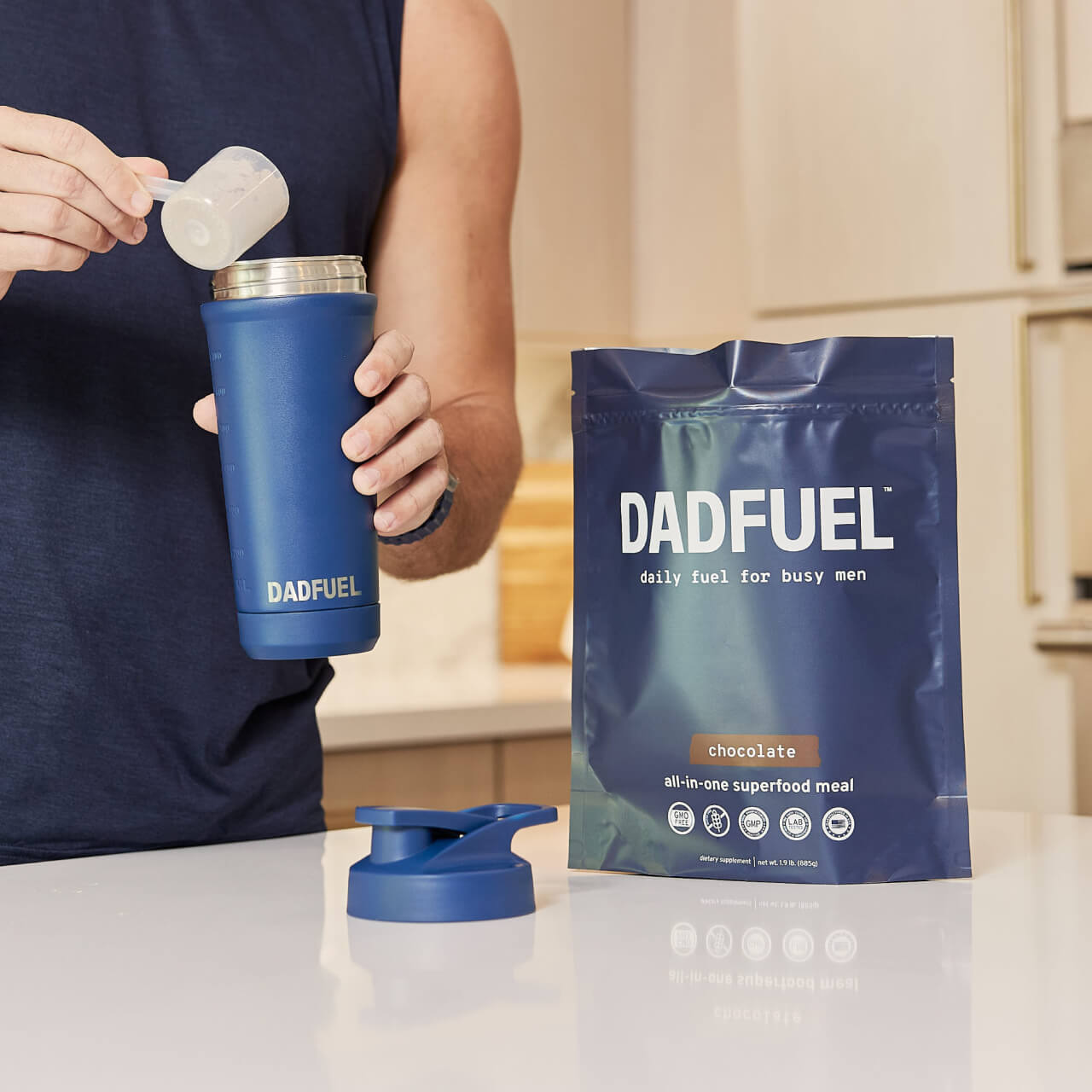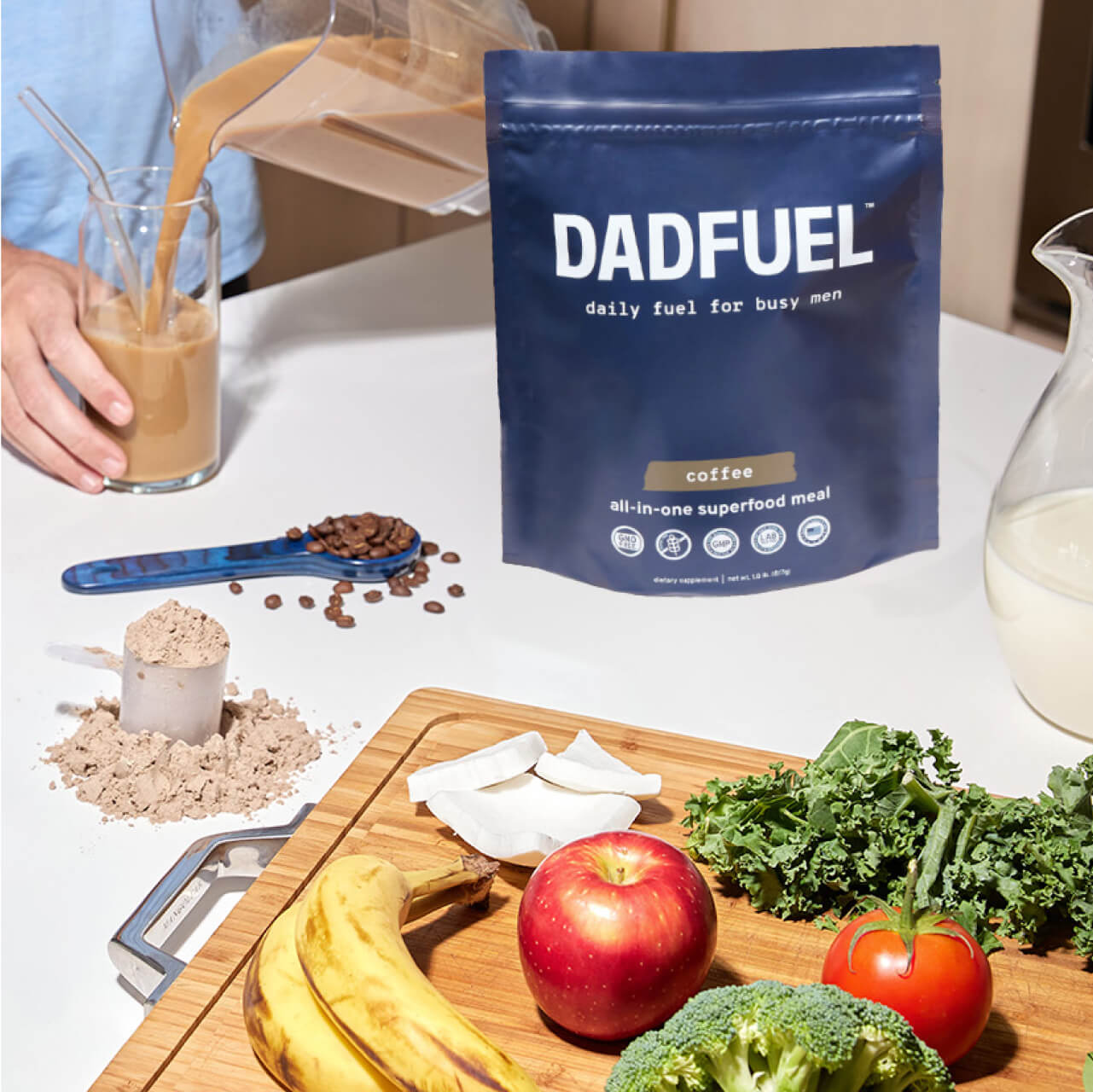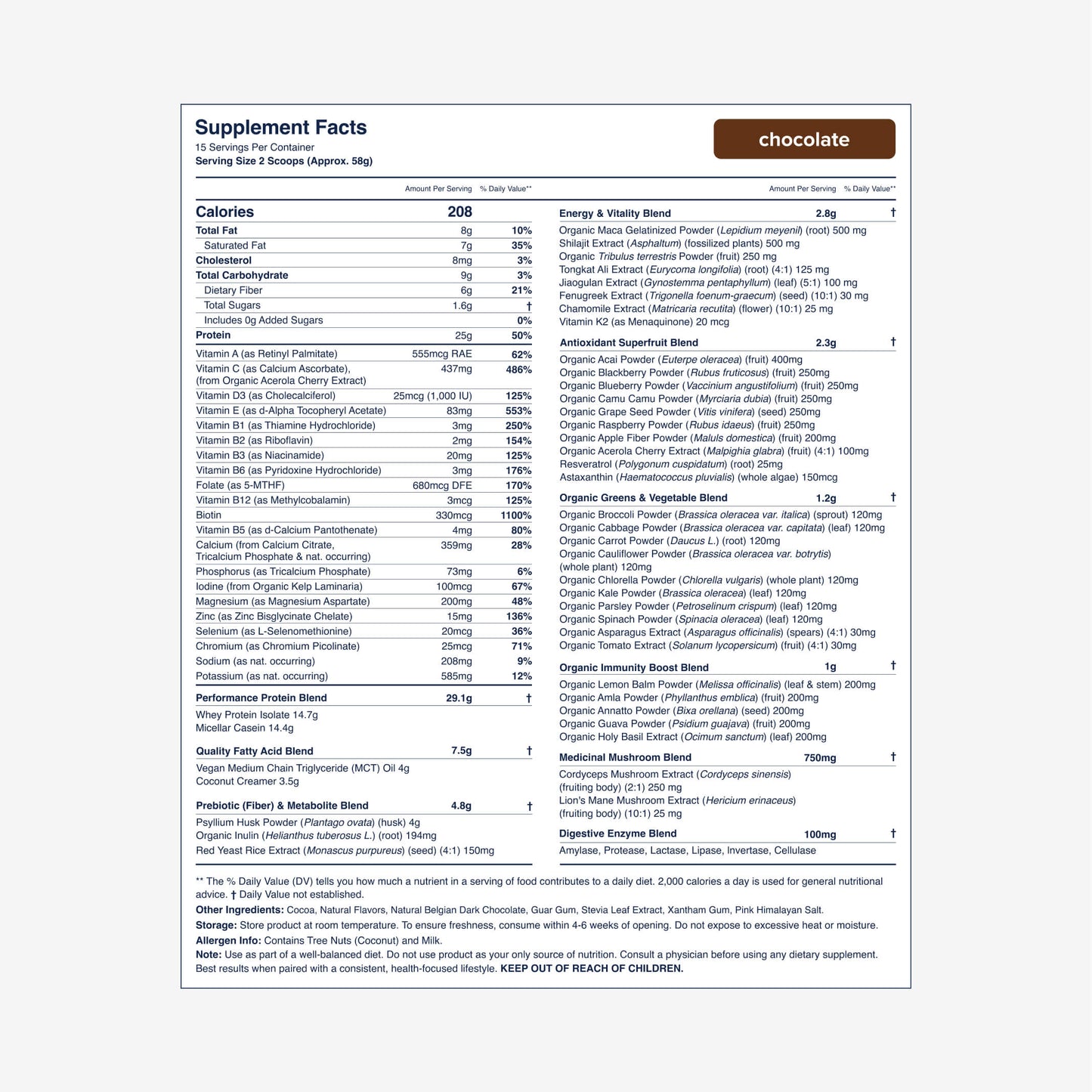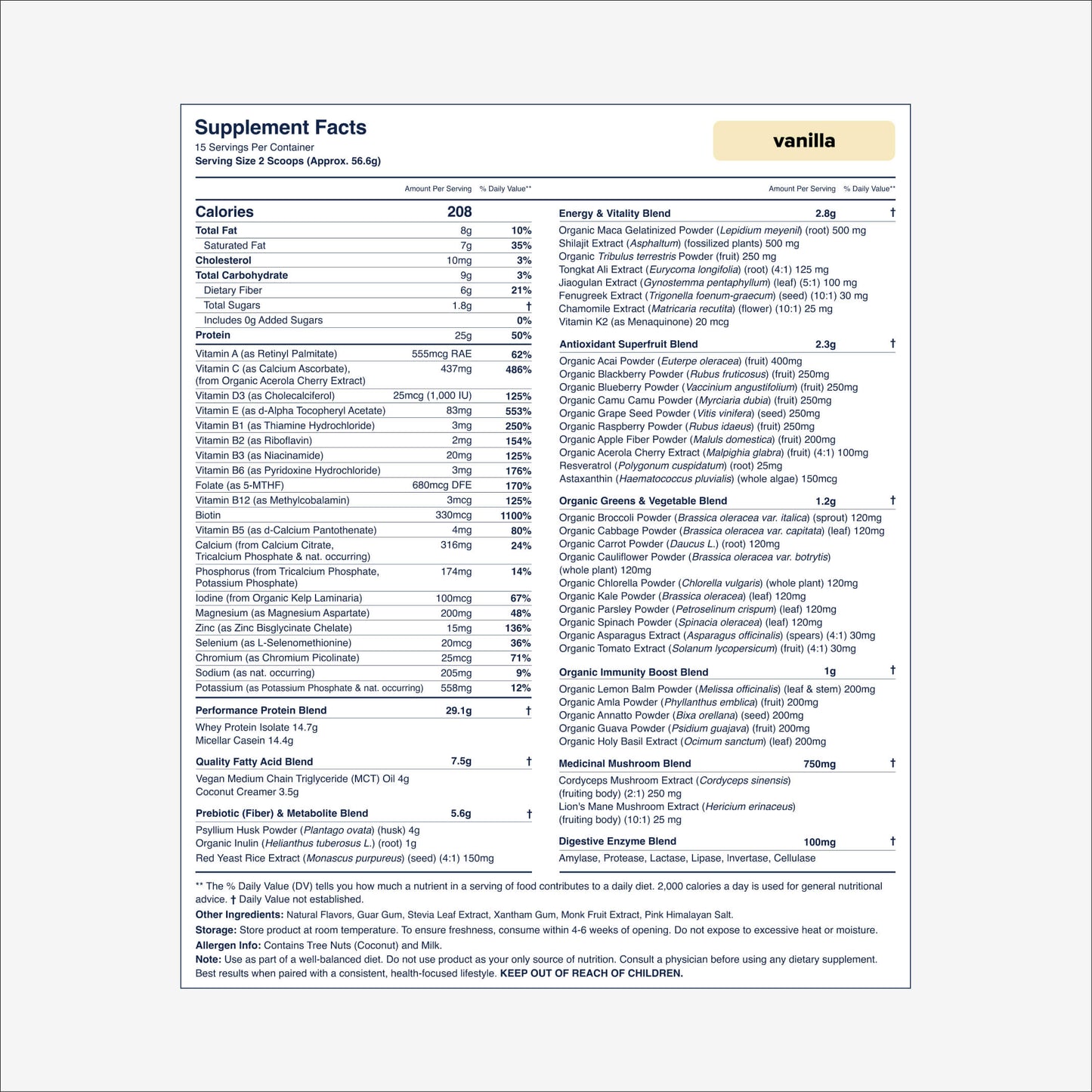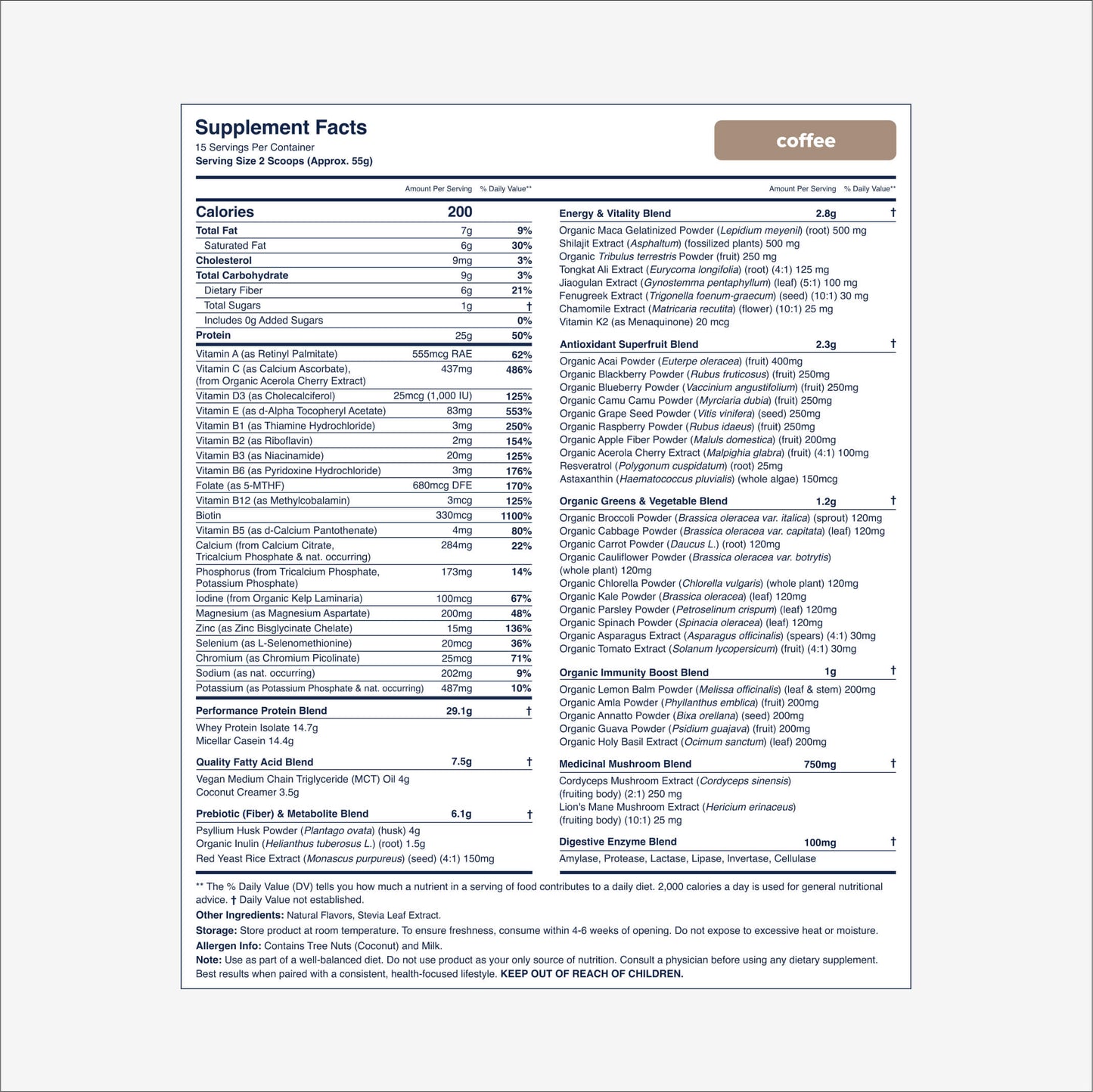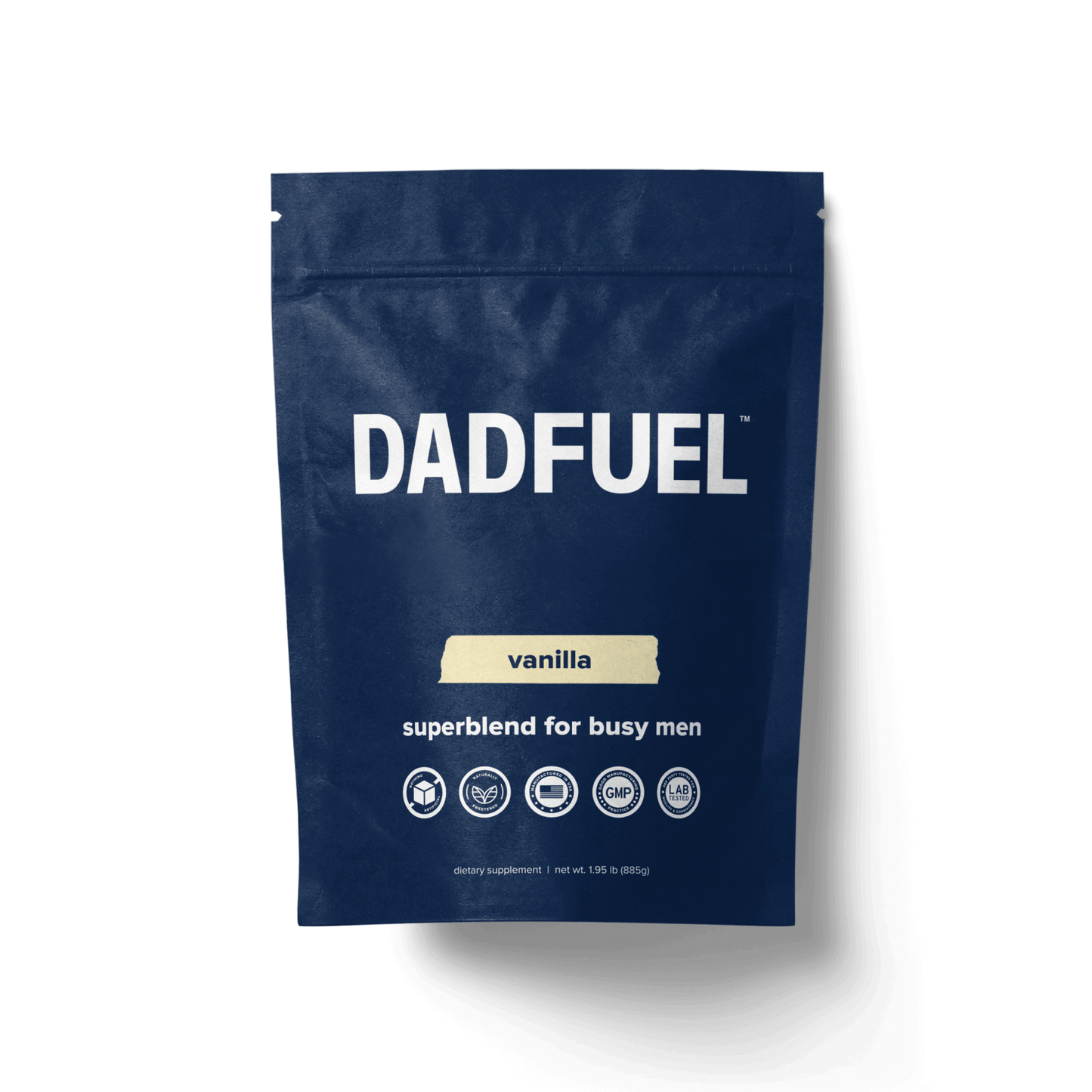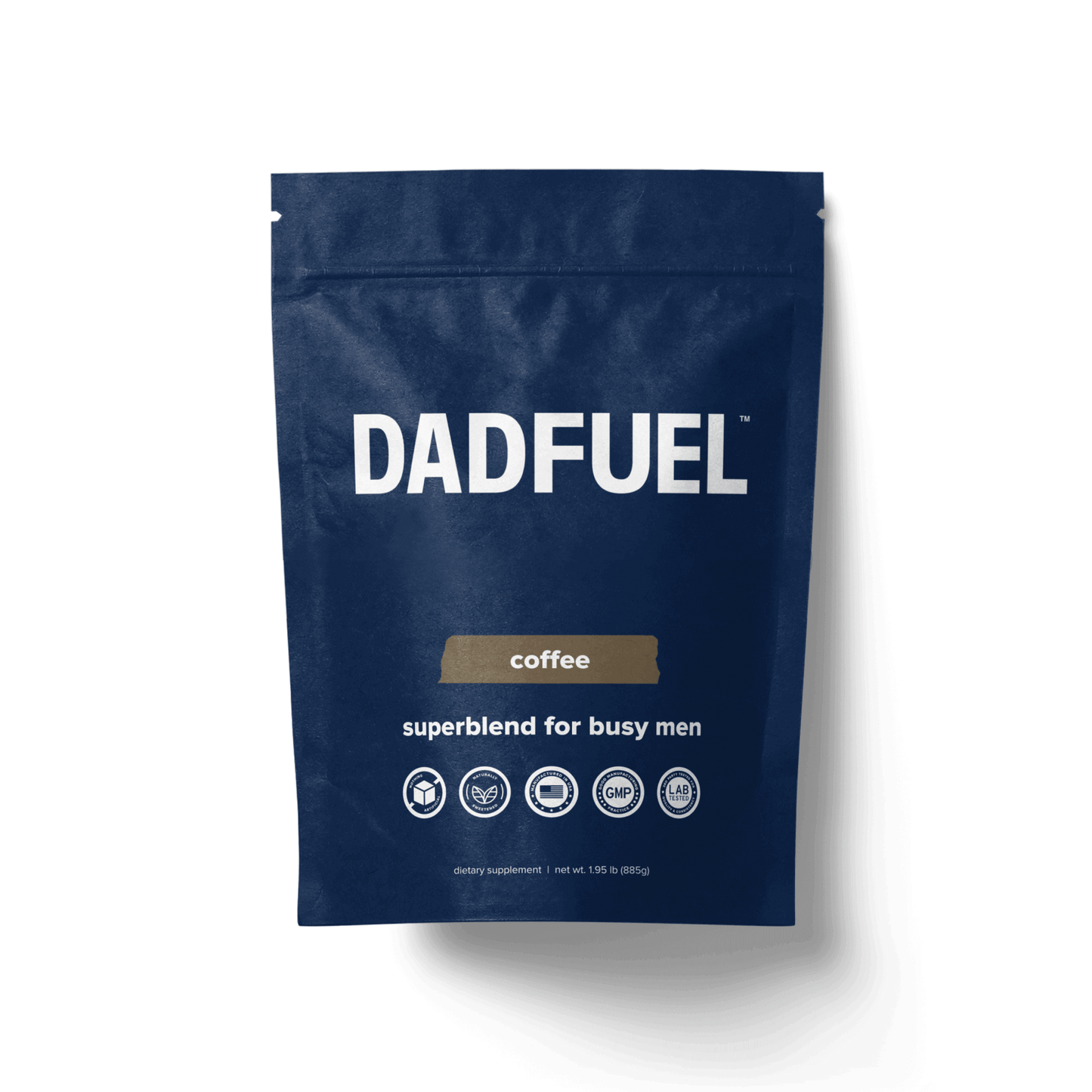One key element often overlooked in strength and muscle growth is the pre-workout routine. Many men view their training as hitting the gym hard and lifting weights. However, the body's ability to perform at its peak during these sessions is deeply influenced by what you fuel before stepping into the gym. Pre-workout formulas offer a significant boost in energy, focus, and endurance that can make all the difference in your training regimen.
Pre-workout supplements are designed to help you get the most out of every rep and set, ensuring you're actively improving with each workout. They blend carefully selected ingredients that enhance physical performance and mental alertness.
Key Benefits Of Pre-Workout Supplements:
- Increased Energy Levels: Including caffeine and B vitamins provides a much-needed energy boost, helping you power through even the most grueling workouts.
- Enhanced Focus: Mental clarity is crucial for maintaining proper form and ensuring that each movement is carried out with intention. Compounds like L-Theanine, often found in pre-workout mixes, can help sharpen focus and concentration.
- Improved Endurance: Ingredients such as beta-alanine buffer acid reduce muscle fatigue, allowing longer, more effective training sessions.
- Better Blood Flow: Many formulas contain elements like L-arginine or citrulline, which increase nitric oxide production in the body. This improves muscle blood flow, delivering more oxygen and nutrients that promote growth and recovery.
However, not all supplements are created equal—quality matters, especially regarding what you put into your body. Opting for supplements that are transparent about their ingredients, such as those provided by DADFUEL, means choosing products crafted with your health and performance in mind.
Natural Vs. Synthetic Supplements: What You Need to Know
Choosing between natural and synthetic muscle building supplements for men is pivotal to achieving strength, growth, and overall well-being. Understanding the distinctions and effects of each can empower you to make choices that align with your values of integrity, health, and fatherhood.
Natural Supplements
Natural supplements are derived from natural sources, such as plants, minerals, and animal products. These supplements are generally favored for their whole food sources and minimal processing, ensuring that you’re fueling your body in a manner that’s as close to nature as possible. By choosing natural supplements, you align your physical actions with your values of doing the right thing — nourishing your body without cutting corners.
Natural supplements stand out, such as whey protein from grass-fed cows, omega-3 fatty acids from wild-caught fish, and vitamins D and B12 in their most bioavailable forms. They're a testament to your dedication to self-care, ensuring you don’t ignore the check engine light. By opting for natural, you choose substances the body recognizes and can utilize effectively, promoting better absorption and health outcomes.
Synthetic Supplements
On the other hand, synthetic supplements are man-made and designed to mimic how natural nutrients work in the body. While they can offer a more concentrated source of nutrients, the question of bioavailability and long-term effects on the body remains a topic of discussion. Synthetic supplements might seem like a quick fix, but remember, facing every situation with humor and heart means recognizing when effort and authenticity matter more than taking shortcuts.
It’s crucial to note that synthetic supplements aren't inherently wrong; they serve a purpose, especially when dietary restrictions or specific medical conditions prevent one from getting enough of these nutrients from natural sources. However, it’s the responsibility of consumers to understand that choosing synthetic supplements might require extra diligence in researching their sources, efficacy, and potential side effects.
Read also:
Sources:
- Moore, D. R., Robinson, M. J., Fry, J. L., Tang, J. E., Glover, E. I., Wilkinson, S. B., ... & Phillips, S. M. (2009). Ingested protein dose response of muscle and albumin protein synthesis after resistance exercise in young men. American Journal of Clinical Nutrition, 89(1), 161-168. https://doi.org/10.3945/ajcn.2008.26401
- Phillips, S. M., & Van Loon, L. J. C. (2011). Dietary protein for athletes: From requirements to metabolic advantage. Applied Physiology, Nutrition, and Metabolism, 36(5), 647-663. https://doi.org/10.1139/h11-055
- Stoeckel, M., & Kuhlmann, A. (2018). The role of casein in the diet: A review. Nutrients, 10(3), 341. https://doi.org/10.3390/nu10030341
- Nair, K. S., & Halliday, D. (2018). Leucine supplementation and muscle protein synthesis: A review of the literature on leucine's role in muscle anabolism and metabolism during exercise and recovery from exercise-induced stressors in humans. Nutrients, 10(6), 727. https://doi.org/10.3390/nu10060727
- Packer, J., & McCarthy, D.J. (2021). The effectiveness of pre-workout supplements on exercise performance: A systematic review and meta-analysis of randomized controlled trials. Journal of the International Society of Sports Nutrition, 18(1), 1-12. https://doi.org/10.1186/s12970-021-00409-y




 60 Day Better Dad Guarantee
60 Day Better Dad Guarantee
 Fast, Secure Checkout
Fast, Secure Checkout
 Typically Arrives in 2-3 Days
Typically Arrives in 2-3 Days
